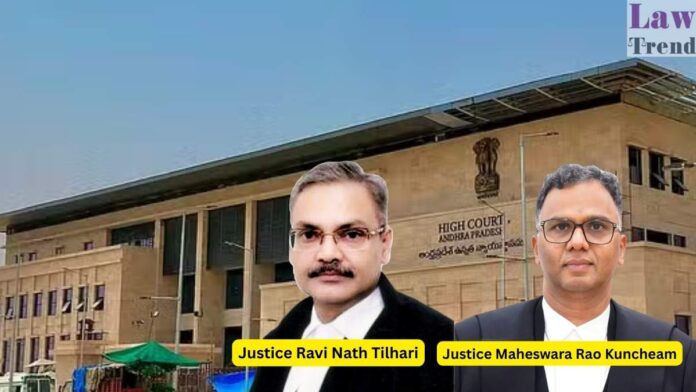The High Court of Andhra Pradesh at Amaravati has dismissed a Commercial Court Appeal, upholding a Special Court’s order that extended an arbitrator’s mandate. The High Court affirmed the legal principle that an application for extension of an arbitral mandate under Section 29-A(5) of the Arbitration and Conciliation Act, 1996, (in short “the Act, 1996”)
To Read More Please Subscribe to VIP Membership for Unlimited Access to All the Articles, Download Available Copies of Judgments/Order, Acess to Central/State Bare Acts, Advertisement Free Content, Access to More than 4000 Legal Drafts( Readymade Editable Formats of Suits, Petitions, Writs, Legal Notices, Divorce Petitions, 138 Notices, Bail Applications etc.) in Hindi and English.




